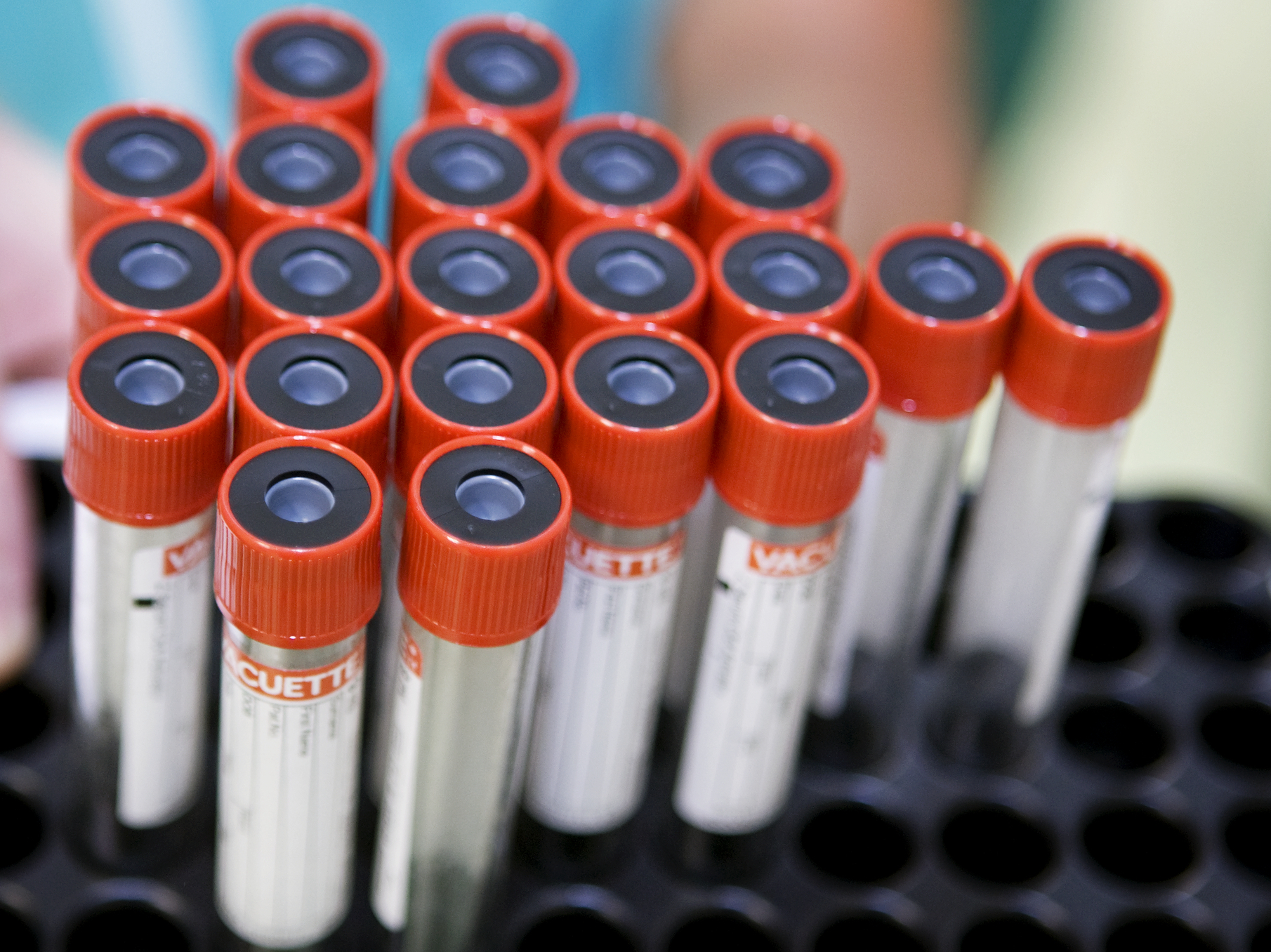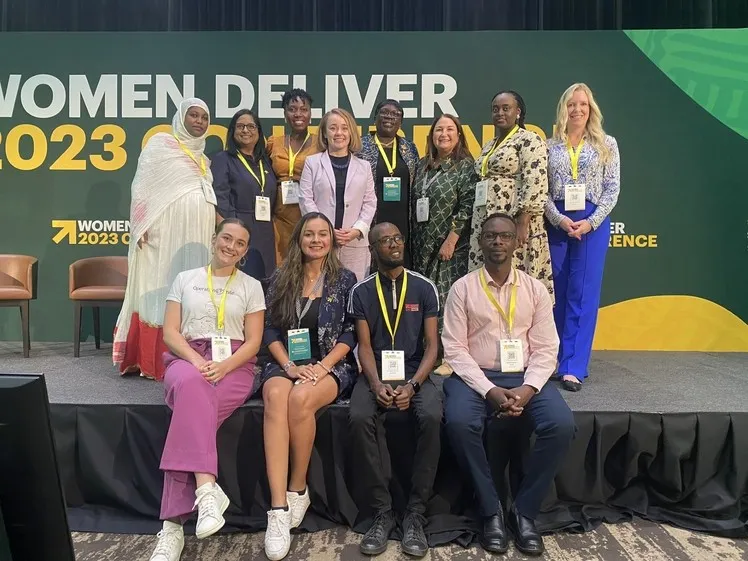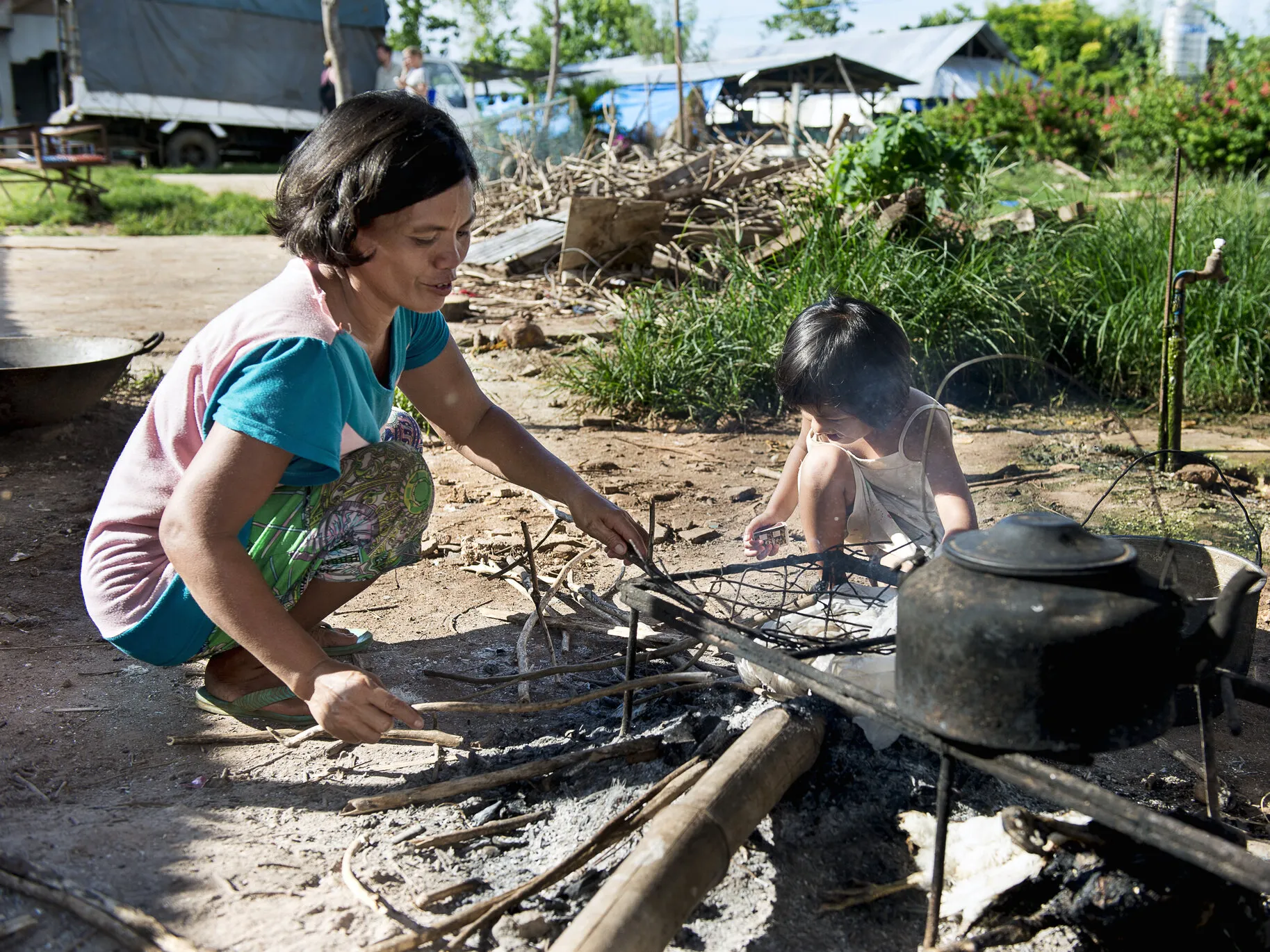Thought Leadership
Behind the Scenes at Operation Smile, Scientific Research and Community Impact Studies Go Hand-in-Hand
Meet the woman responsible for making the organization a thought-leader in everything from genetic research to understanding health care perceptions.

Don’t ask Allyn Auslander, Ph.D., MPH, associate vice president of research and impact at Operation Smile, about exomes unless you have time to spare. “We recently published a study on whole exome sequencing,” she says excitedly when asked about what’s on her plate these days. “An exome is like the coded region of your DNA, and we have been studying cases when a baby has a cleft condition, but mom and dad don’t. We’re really trying to understand what could lead to this.”
The global non-profit has spent the past five years conducting a study in Madagascar whose population has a unique DNA mix that allows scientists closely examine different parts of chromosomes and identify clear genetic risk factors which may contribute to a cleft condition. “You inherit your chromosomes from your parents; you get one copy from each,” says Auslander who began her career at Operation Smile as a project manager before getting her Ph.D. in epidemiology. “And if you examine those chromosomes in depth, you can actually see which part you inherited from which parent. Through this research, we did find a gene, a combination of two genes from this population that’s never been identified before, that we do believe is a cause of cleft condition.”
It’s clear from Auslander’s energetic tone how ground-breaking she believes this work could potentially be for cleft care, as she goes on to talk how they are testing the effect of these genes in frog embryos through a collaboration with a research partner in Japan.
This is just a small portion of the work that the Maryland native does as part of her role, which also includes impact measurement and overseeing a cohort of international fellows receiving training around the globe.
We sat down with Auslander to talk about her ten-year career at Operation Smile, what excites her most about working in research and the one leader she always thanks during women’s history month.
What is a typical day like for you at Operation Smile?
Allyn Auslander: My role is three pronged. On the research side, we have projects all over the world, and there’s usually something that needs attention – like ensuring everything’s ethically approved, making sure data collection is going well, making sure samples are being shipped properly, etc.
I am also spearheading a project to quantify the impact of the work of Operation Smile is doing in education and training. When we train someone in any specialty, any skill set, how does that translate to patients? How many patients are being impacted by that? We have an important study happening right now that is focusing on quantifying that.
I also manage our ten Global Surgery Fellows who are future global health leaders. They’re doctors from all over the world. We’re investing in the next generation of leaders to help them understand how nonprofits work, how you work with ministries of health, how you build partnerships, how you do research, so they can then go lead in their countries with that knowledge.

Can you tell us about a research project that is really exciting for you right now?
AA: We did this study in Madagascar looking at DNA where we found genes that could be risk factors for cleft. Right now, we’re validating our findings, which you have to do via animal models, so we’re studying frog embryos through a partnership that we have with a researcher in Japan. We still have decades to go, but Operation Smile is investing in research that in a best-case scenario could actually help prevent cleft conditions.
Is all of your research around DNA and understanding cleft conditions?
AA: Not at all. For example, we just published a paper about a community survey we did in Central America. We wanted to understand patients’ perceptions of surgery. So, we went door to door and did interviews, asking very generally, ‘Do you fear surgery? Do you know what would happen if you went to a hospital and asked for surgery?’
We found patients who had a more positive perception of surgery had visited their local health post. That it was the very first level of interaction with the health system, that interaction with a nurse or community health worker that informed whether or not they had a positive perception of surgery.
How do learnings from a study like this create a ripple effect to benefit the community?
AA: That tells us that we should invest in the local community health workers. We make sure they’ve seen a photo of a kid with a cleft condition, and that they know what we’re looking for. Cleft palate is missed all the time because you can’t necessarily tell from the outside and babies don’t talk. We say, ‘If you see this, give us a call.’
What role do partnerships and collaboration play in getting the research completed?
AA: Operation Smile’s strengths are our access to our patient population, our knowledge of global patients and our understanding of what cleft conditions really look like on the ground and for our patients.
But our dedicated research team is just me and two others. All of the legwork is really done by partners. We find volunteers, academics, residents from all over the world that are eager to do research. It’s a cool way to partner, and it makes us able to do so much more.

International Women’s Day is right around the corner! Is there a woman scientist or a leader that has been an important role model for you?
AA: I have been fortunate since my very first day to work closely with [Operation Smile Co-Founder, President and CEO] Kathy Magee, watching the way she works. She never stops. She always says we can do one more, always take this a step further. She talks about how she had all of her five kids at home, and she was still like this. She has really shaped my perception of what a working mom can look like. I became a mom this year, and I always think about her. If you told Kathy Magee ‘well, you can’t do it all,’ she’d be like, ‘Why not?’ I love that.
Why is research a good area for young women interested in STEM careers to explore?
AA: I think that the environment is really changing and in the best ways because every day you see more women involved. I’m also an adjunct professor at University of Southern California, and I teach classes. I’m teaching global health this semester, and the students are a lot of women. They’re so passionate, and with that passion, and compassion, they will reshape STEM. I always think people should find the field they are good at, and that they are passionate about. When women have those two things, the sky is the limit.
Cleft Explained
Learn more about cleft conditions and how Operation Smile goes beyond surgery to transform lives, health systems and communities.










